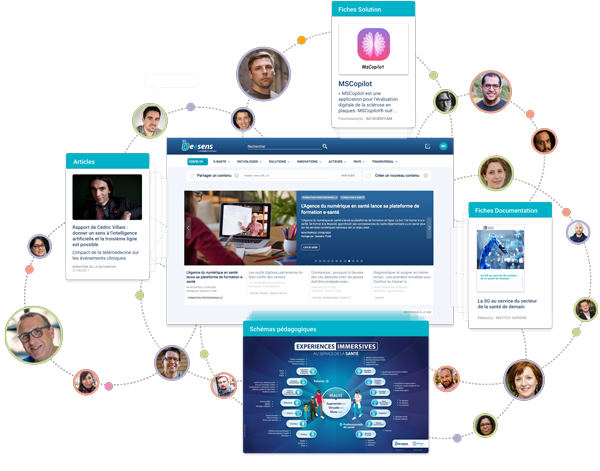"MedRhythms, a digital therapeutics company building direct stimulation solutions that use clinical-grade sensors, software and music to help restore function lost to neurologic disease or injury, today announced the launch of a clinical trial, in collaboration with Massachusetts General Hospital (MGH), that will study MR-004, MedRhythms' multiple sclerosis (MS) asset. This groundbreaking trial was funded by the National Multiple Sclerosis Society and will be the first neuroimaging study aimed at elucidating the impacts of Rhythmic Auditory Stimulation on MS walking impairments. It expands on the research that is being conducted with MR-004 in a clinical trial with Cleveland Clinic that was announced in 2020.
The trial will be led at MGH by Co-Principal Investigators, Dr. Eric Klawiter and Dr. Ron Hirschberg, and will be a randomized crossover trial looking at the impacts of MR-004, a digital therapeutic that digitizes Rhythmic Auditory Stimulation, on functional outcomes such as gait speed as well as neuroimaging compared to standard of care. "Looking at the underlying functional connectivity via MRI will shed new light onto the understanding of Rhythmic Auditory Stimulation and its applications for gait training in multiple sclerosis," said Dr. Eric Klawiter, Director of the Multiple Sclerosis and Neuromyelitis Optica Unit at MGH.
Approximately 400,000 people in the United States have MS, and around 10,000 additional people are diagnosed with MS every year. Research has shown that over 80 percent of people with MS have a walking impairment, such as decreased speed and quality of walking, but there are few solutions that improve these deficits. Improving walking speed and quality are important goals, as they are tied to independence and enhanced quality of life. Specifically, gait speed research has shown that every 0.01 m/s increase in walking speed corresponds to a 7% decrease in fall risk..."
Lire la suite
MedRhythms, Massachusetts General Hospital Collaborate on Neuroimaging Study in Multiple Sclerosis
PRNEWSWIRE, 18/05/2021
Partagé par :
Beesens TEAM















